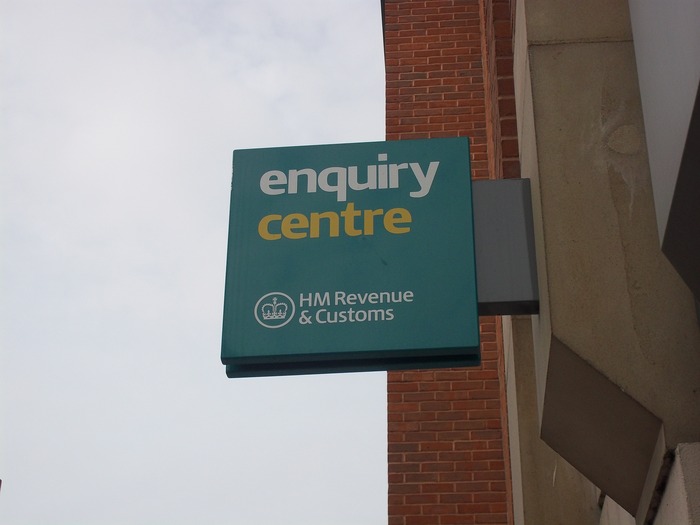
Where a company defaults in meeting its tax obligations, its directors may in certain circumstances be held personally liable. However, as an instructive decision of the First-tier Tribunal (FTT) showed, HM Revenue and Customs (HMRC) face an exacting task in piercing the corporate veil in such cases.
The case concerned the sole director of a building company which thrived from small beginnings – attaining a turnover of about £20 million at its peak – before falling into administration and eventual dissolution. HMRC claimed that, during its final three years of trading, the director was aware that Income Tax (IT) and National Insurance Contributions (NICs) were not being deducted from his pay. On that basis, he was personally issued with demands for IT and NICs totalling over £200,000.
In upholding the director’s challenge to those demands, the FTT noted that he did not beneficially own any of the company’s shares and accepted that he was not its controlling mind. Whilst he had concentrated on managing the company’s contracts and winning new business, administrative matters had been handled by an accounts department headed by a qualified accountant.
The FTT accepted that the director had given clear instructions that IT and NICs should be deducted from his pay and had no reason to believe that they had not been acted upon. His duty to ensure that the company complied with its legal obligations had been discharged by delegating tax matters to appropriately qualified staff within the accounts department.
There was no evidence as to why the relevant PAYE deductions had not been made at source and it was impossible to say whether the default was intentional, careless or a matter of simple mistake. HMRC had thus failed to discharge the burden of proving that the default was wilful or that the director had actual knowledge of the same. The demands were in any event based on a substantial overestimate of the director’s employment income from the company during the three-year period.